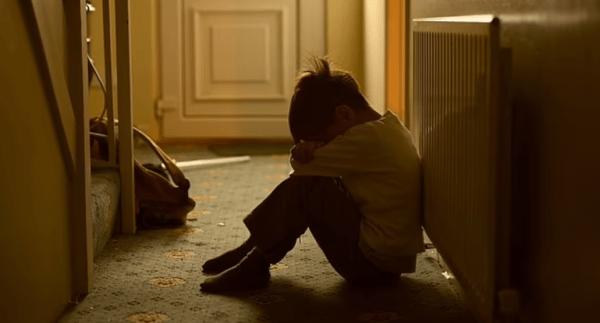Bombshell report exposes the disturbing scale of child abuse in Australia impacting 1 in 4 kids
April 5, 2023 · By FRASER BARTON FOR AUSTRALIAN ASSOCIATED PRESS for www.dailymail.co.uk
Bombshell report exposes the disturbing scale of child abuse in Australia impacting 1 in 4 kids
The physical, emotional and sexual abuse of children is ‘disturbingly prevalent’ across Australia, triggering calls for urgent government action to protect the nation’s youth.
One in three children experience physical abuse and one in four experience sexual abuse, according to a Queensland University of Technology survey of 8500 Australians published in the Medical Journal of Australia on Monday.
National Children’s Commissioner Anne Hollonds says the confronting findings show there is an urgent need for a child wellbeing strategy.
‘We have no reporting on budget allocations for child wellbeing. We have no minister for children. We have no vision and we have had no urgency for change,’ she said.
‘In a prosperous country like Australia, child wellbeing should be a bipartisan priority. Today we have a rare opportunity to build a national agreement to prioritise child wellbeing and create a roadmap for reform.’

Children who experienced abuse are almost three times more likely to have anxiety, abuse alcohol or major depression and five times more likely to have PTSD
Federal Social Services Minister Amanda Rishworth and Attorney-General Mark Dreyfus promised to look carefully at the findings when developing targeted policies.
‘This is a wake-up call to all of us, across all levels of government, and the community. We must do better,’ they said in a statement.
‘This landmark study, the first high-quality, nationally representative study of the prevalence of all five forms of child maltreatment, must focus our minds on prevention and response to child maltreatment.’
QUT professor Ben Matthews led the study and said the disturbing prevalence of child maltreatment had long-term effects, including increasing the likelihood of mental health disorders and risky behaviours.
He cited emotional abuse and exposure to domestic violence as the most common forms of maltreatment, while sexual abuse by some types of offenders has also grown.
‘A major area of concern is the increase in sexual abuse by known adolescents, the group who inflict the greatest proportion of all sexual abuse,’ Prof Matthews said.
Children who experienced abuse were almost three times more likely to have generalised anxiety disorder, severe alcohol use disorder or major depressive disorder.
They are also nearly five times more likely to have PTSD, with girls particularly vulnerable to emotional abuse and mental disorders.
Girls were twice as likely to have experienced sexual abuse compared with boys, while they were 50 per cent more likely to have experienced emotional abuse.
About 30 per cent of the 16- to 24-year-old participants reported self-harming in their lifetimes, including about two in five females and one in five males.
Prof Matthews said sexual and emotional abuse have devastating, long-term, cascading effects on the mental health of victims.
‘Sexual abuse and emotional abuse were most strongly associated with mental health disorders and health risk behaviours, making these two forms of maltreatment prime targets for intensified national prevention and early intervention policies,’ he said.
‘Child maltreatment contributes greatly to our national crisis in youth self-harm and suicide attempts.’
The Blue Knot Foundation noted maltreated children were almost two and a half times more likely to be admitted to a mental health facility, have seen a psychologist or psychiatrist or have seen a GP six times or more in a year.
‘These findings confirm prior understandings of the impact unresolved complex trauma from childhood has not only on individuals, their families and communities but on the Australian economy, and the need to intervene early and proactively,’ Blue Knot chief executive Cathy Kezelman said.






